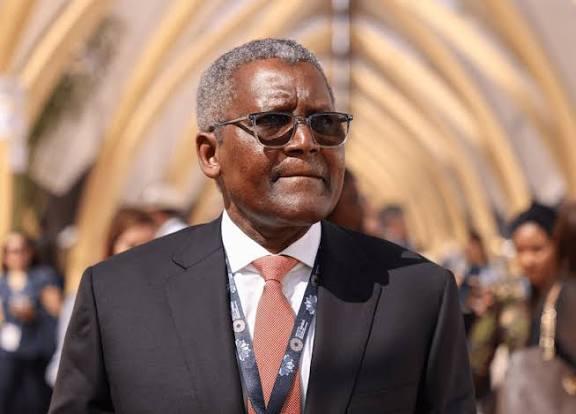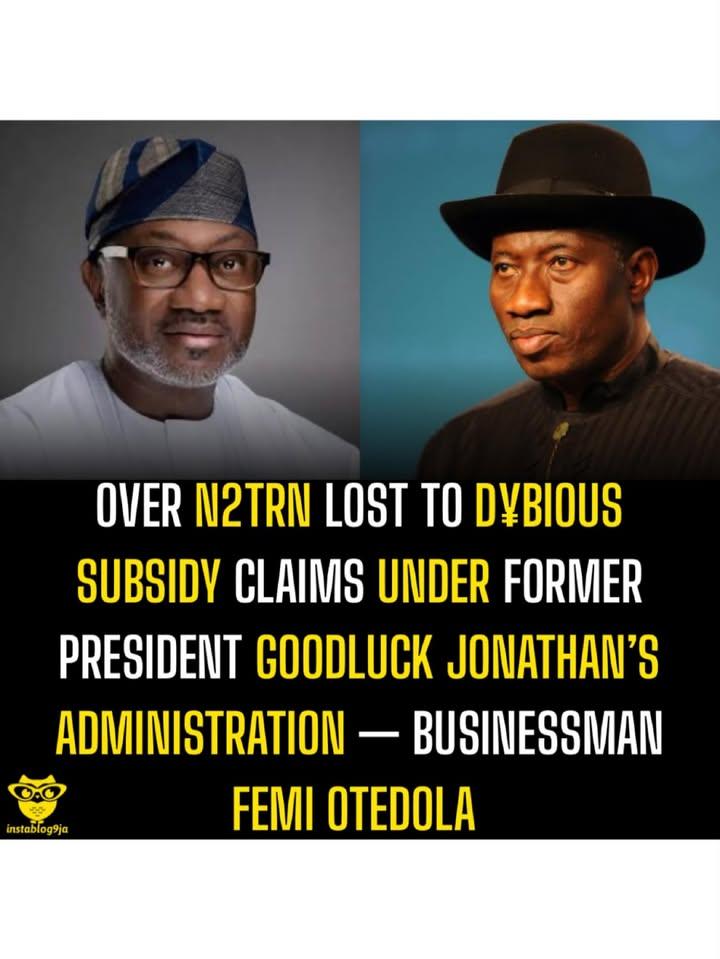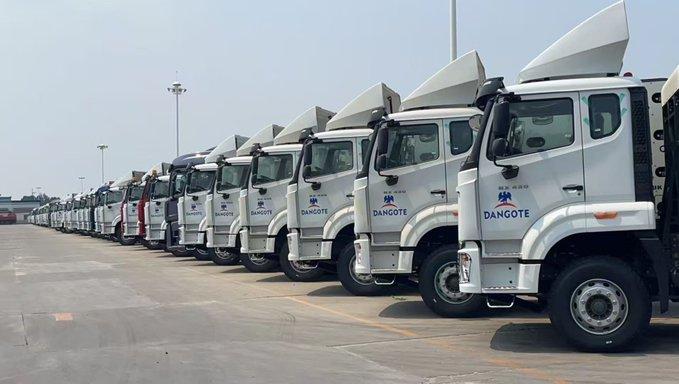See what is posted on President Bola Ahmed Tinubu X handle.
“ Two years ago, you entrusted me with the sacred responsibility to lead our nation at a time of historic challenges. Together, we faced those headwinds with courage and determination.
The economic and general situation I inherited required that we redirect the country’s affairs with a bold and new vision. I immediately implemented two necessary policies—to stop our country from drifting into the precipice. We removed decades-long fuel subsidies and dismantled the corruption-ridden multiple exchange rate windows. These were no longer sustainable and had become a chokehold on our nation’s neck, strangling our future.
Let me be clear: the only alternative to the reforms we initiated was a fiscal crisis—runaway inflation, external debt default, crippling fuel shortages, a plunging Naira, and an economy in free-fall.
Despite the bump in the cost of living, we have made undeniable progress. Inflation has begun to ease. Rice prices and other staples are declining. Our oil and gas sector is recovering—rig counts are up by over 400%, and over $8 billion in new investments have been committed.
We have stabilised our economy. We’re better positioned for growth and prepared to withstand global shocks. Gross proceeds per barrel are aligned with forecasts. Fiscal deficit narrowed from 5.4% of GDP in 2023 to 3.0% in 2024. We recorded over N6 trillion in revenue in Q1 of this year.
We have discontinued Ways & Means financing. The NNPC, no longer burdened by unsustainable fuel subsidies, is now a net contributor to the Federation Account. We are achieving fuel supply security through local refining.
Our debt service-to-revenue ratio dropped from nearly 100% in 2022 to under 40% by 2024. We paid off IMF obligations. Our net external reserves grew from $4 billion in 2023 to over $23 billion by the end of 2024.
Under our bold tax reform agenda, our tax-to-GDP ratio rose from 10% to over 13.5% in just one year. Food, education, and healthcare now attract 0% VAT. Rent, public transport, and renewables are fully exempted. We’re eliminating multiple taxation and protecting disposable incomes—especially for low-income households and small businesses.
This is not just about revenue. It is about inclusive economic growth. This is about economic justice.
This is the movement we promised—a government of action powered by the energy and innovation of young Nigerians. From Innovate Naija and NASENI’s digital reboot, to electric vehicle assembly and drone engineering, we are restoring dignity to work and opening a future of possibilities.
I told security chiefs: up your game and collaborate to end this plague of evil men. Every Nigerian deserves to live without fear. We shall remain vigilant.
We are preparing to welcome the world to Nigeria for the Motherland Festival—a landmark gathering that will spotlight our rich heritage, vibrant creative industries, and the beauty of our people. It will showcase Nigeria’s promise—inviting the world to rediscover our nation.
Our journey is not over, but our direction is clear. So is our resolve. By the Grace of God, the worst is behind us. The real impact of our governance is beginning to take hold. The future is bright—and together, we will build a stronger, more inclusive Nigeria.
Bet on Nigeria.
~ PBAT
#HopeRenewed #NigeriaRising #BetOnNigeriaSee what is posted on President Bola Ahmed Tinubu X handle.
“ Two years ago, you entrusted me with the sacred responsibility to lead our nation at a time of historic challenges. Together, we faced those headwinds with courage and determination.
The economic and general situation I inherited required that we redirect the country’s affairs with a bold and new vision. I immediately implemented two necessary policies—to stop our country from drifting into the precipice. We removed decades-long fuel subsidies and dismantled the corruption-ridden multiple exchange rate windows. These were no longer sustainable and had become a chokehold on our nation’s neck, strangling our future.
Let me be clear: the only alternative to the reforms we initiated was a fiscal crisis—runaway inflation, external debt default, crippling fuel shortages, a plunging Naira, and an economy in free-fall.
Despite the bump in the cost of living, we have made undeniable progress. Inflation has begun to ease. Rice prices and other staples are declining. Our oil and gas sector is recovering—rig counts are up by over 400%, and over $8 billion in new investments have been committed.
We have stabilised our economy. We’re better positioned for growth and prepared to withstand global shocks. Gross proceeds per barrel are aligned with forecasts. Fiscal deficit narrowed from 5.4% of GDP in 2023 to 3.0% in 2024. We recorded over N6 trillion in revenue in Q1 of this year.
We have discontinued Ways & Means financing. The NNPC, no longer burdened by unsustainable fuel subsidies, is now a net contributor to the Federation Account. We are achieving fuel supply security through local refining.
Our debt service-to-revenue ratio dropped from nearly 100% in 2022 to under 40% by 2024. We paid off IMF obligations. Our net external reserves grew from $4 billion in 2023 to over $23 billion by the end of 2024.
Under our bold tax reform agenda, our tax-to-GDP ratio rose from 10% to over 13.5% in just one year. Food, education, and healthcare now attract 0% VAT. Rent, public transport, and renewables are fully exempted. We’re eliminating multiple taxation and protecting disposable incomes—especially for low-income households and small businesses.
This is not just about revenue. It is about inclusive economic growth. This is about economic justice.
This is the movement we promised—a government of action powered by the energy and innovation of young Nigerians. From Innovate Naija and NASENI’s digital reboot, to electric vehicle assembly and drone engineering, we are restoring dignity to work and opening a future of possibilities.
I told security chiefs: up your game and collaborate to end this plague of evil men. Every Nigerian deserves to live without fear. We shall remain vigilant.
We are preparing to welcome the world to Nigeria for the Motherland Festival—a landmark gathering that will spotlight our rich heritage, vibrant creative industries, and the beauty of our people. It will showcase Nigeria’s promise—inviting the world to rediscover our nation.
Our journey is not over, but our direction is clear. So is our resolve. By the Grace of God, the worst is behind us. The real impact of our governance is beginning to take hold. The future is bright—and together, we will build a stronger, more inclusive Nigeria.
Bet on Nigeria.
~ PBAT
#HopeRenewed #NigeriaRising #BetOnNigeria













